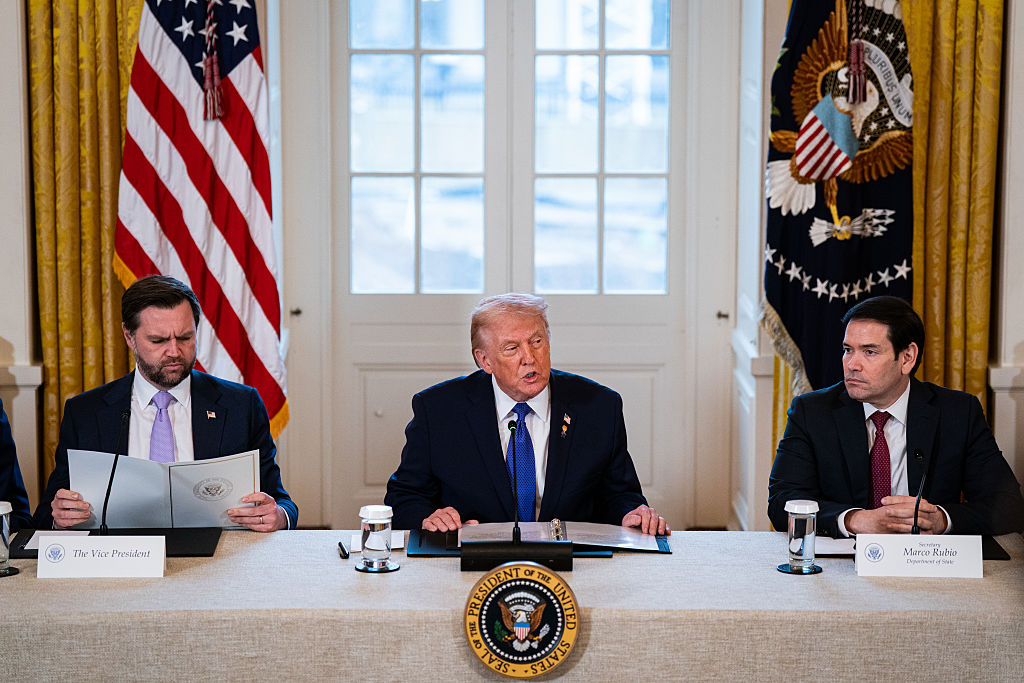Venezuela Hyperinflation Hits 10 Million Percent. 'Shock Therapy' May Be Only Chance to Undo the Economic Damage
Venezuela Hyperinflation Hits 10 Million Percent. 'Shock Therapy' May Be Only Chance to Undo the Economic Damage
"The sector has to be completely recapitalized," said AS/COA’s Eric Farnsworth to CNBC regarding Venezuela's oil production.
Venezuela's crisis has been marked by corruption, hyperinflation, one of the world's highest homicide rates, food and medicine shortages and the largest exodus "in the recent history of Latin America," according to the UN Refugee Agency.
Its chances to recover may start with President Nicolas Maduro stepping down or being forcibly removed — either by the opposition or through foreign military intervention. But that would just be the first step to get the ruined economy on the road to recovery. A major course of economic shock therapy will be required...
The energy sector is only producing a fraction of the 4 million barrels of oil a day it could be producing.
"The sector has to be completely recapitalized," said Eric Farnsworth, vice president of the Council of the Americas and the Americas Society...
The lack of a solid professional class will be the primary issue holding Venezuela back, Farnsworth of the Council of the Americas said.
"Venezuela has been bleeding their professional class for years. The money will be there. Money is going to show up if they see opportunity. But particularly in the petroleum sector, Venezuela’s main productive sector, you have to have highly educated and experienced managers, engineers...That professional class left Venezuela years ago."...
Venezuela now owes about $100 billion dollars to external creditors, according to the latest Central Intelligence Agency report.
"The external support of those countries, in particular, has certainly enabled the continuation of the Maduro regime, because they have provided resources through the purchases of petroleum," Farnsworth said. "Those three countries have clearly made the transition more difficult. They have enabled Venezuela’s collapse."
Some experts agree that these countries, especially China, should contribute to the alleviation of the humanitarian crisis in Colombia, Brazil and other nations affected by the mass exodus, as well as using its wealth to contribute to the economic recovery of Venezuela.
"If they want to engage in the Western Hemisphere, they have to engage in other ways, not just by selling products and then skedaddling when things get tough," Farnsworth said. "Try to address some of the problems in the region ... particularly problems that they themselves have helped to cause."...








